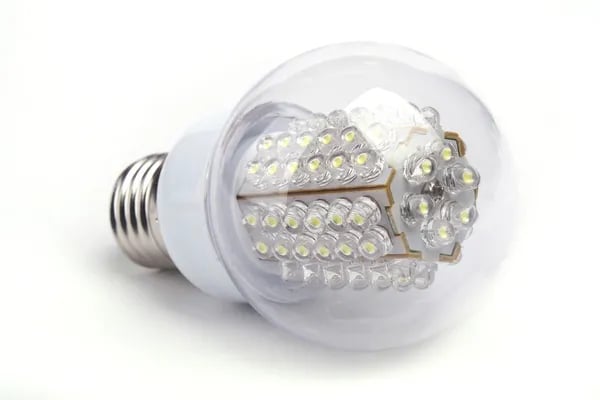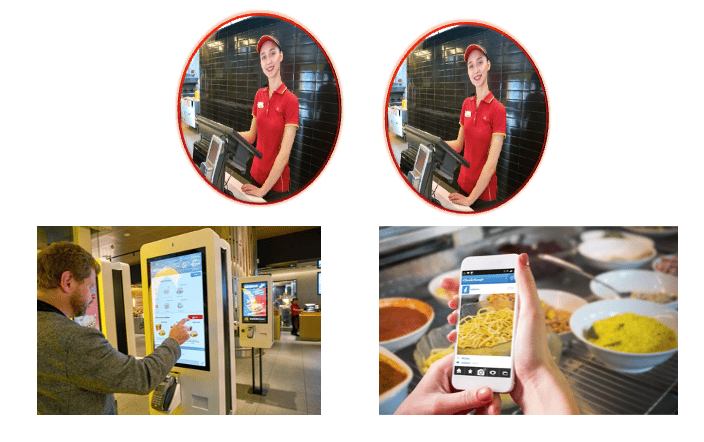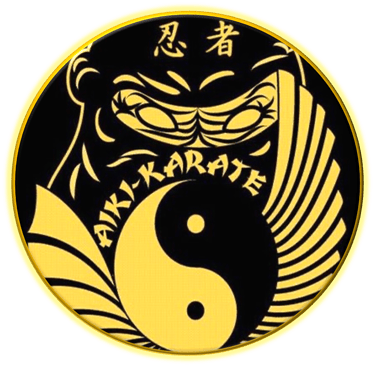Clarifying Business Terms Commonly Used Interchangeably
(Part 3)
What is the difference between effective and efficient?
One common denominator that managers and directors from diverse industries exhibited with Aiki-Karate Leadership Consultants through the years has been the understanding and operational application of the terms effective and efficient.
Both terms determine the capability of producing a result; however, the main difference is the degree of output. We teach our clients that effective is producing the desired result. Efficient is producing desired results, mitigating output energy, resources, and time. Here are a few examples to reinforce this explanation:
Using a soap bar is an effective way to get clean when showering.
Using a loofah sponge and liquid soap is an efficient way to get clean when taking a shower. The fibers in the loofa sponge will exfoliate your skin, eliminate dead skin cells, and stimulate blood circulation in your skin. Liquid soap will not dissolve quickly when stored in a shower like bar soap. Liquid soap generates a richer lather than bar soap, thus mitigating the output energy required to get clean.
It is effective to light up a room using an incandescent light bulb.
It is efficient to use an LED light bulb because it produces the same amount of light and uses up to 80% less energy.
It is effective to park your car forward because it is in an assigned parking spot, and the driver can quickly exit it.
It is efficient to reverse park your vehicle because entering the flow of oncoming traffic with the front of your vehicle is safer than going back into it. Reverse parking creates a safe environment when the driver leaves the parking space, and the driver can see the surroundings more clearly.
Quick-Service Fast-casual restaurants can provide effective customer service by maximizing the number of cashiers per shift.
Quick-Service Fast-casual restaurants using a minimum number of cashiers, self-service kiosks, and direct-order restaurant apps can provide efficient customer service, mitigating the potential problem of customers waiting in line.
A manager developing next year's goals for her department is effective planning.
A manager developing SMART goals based on next year’s budget and reviewing it with her staff before submission is efficient planning.
The Martial Art of Management’s Strategic Planning and Standard Operating Procedures (SOPs) lessons describe the importance of always using SMART goals when planning operations. If you would like to learn how to create SMART goals and or if the SOPs in your organization need to be revised, improved, or purged, submit an inquiry by clicking on this inquiry button, and one of our consultants will respond back to you within 24 hours:
By: Dr. David Jackson
July12, 2022
© Copyright 2022 Aiki-Karate: The Martial Art of Management


























